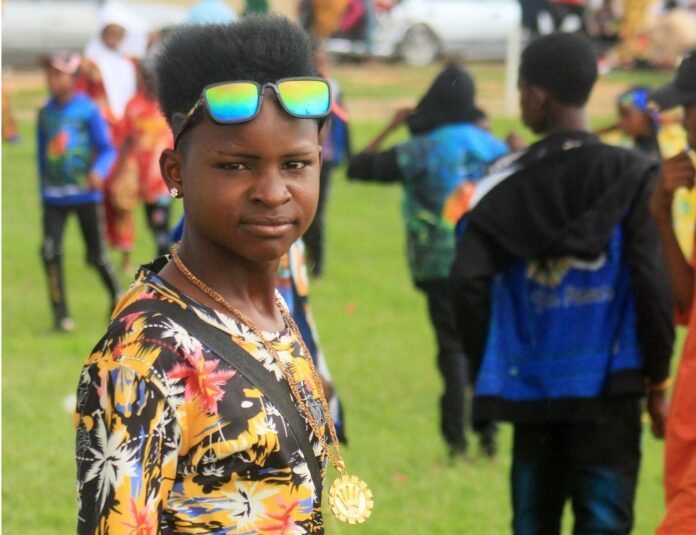By Jeph Ajobaju, Chief Copy Editor
Conventional portrayal of Fulani herdsmen speaks of illiterate men herding cattle from Mali through Niger Republic down to Nigeria’s Niger Delta and across to Cameroon – armed Kalashnikovs (AK-47s) to maim, kill, and dispossess their hosts.
That media image may not be too off the mark.
But what it misses is that the young among them, boys and girls, are like normal teenagers who, though uneducated and dwell in forests, devise ways to copy their contemporaries in the real world.

They follow and imitate their favourite pop stars on their mobile phones.
They sport the latest haircuts, fancy sunglasses, brightly designed batik, digital watches, fashionable jackets, and ripped jeans, plus Nikes, trendy boots, and other hipster stuff of the teenage world – as recorded and narrated below by the BBC:
Bling earrings, shaved eyebrows and funky hairstyles are not what many would normally associate with Nigeria’s Fulani herders, who spend most of their time in the forests herding cattle.

But on occasions such as Eid al-Kabir, as Eid al-Adha is known locally, when they head out to the city centres in northern Nigeria to celebrate with other Muslims, their colourful outfits really stand out.
And unlike many Muslims in this conservative part of the country, they choose not to wear traditional gowns, or kaftans, but trendy clothes inspired by hip-hop and Afrobeats stars.
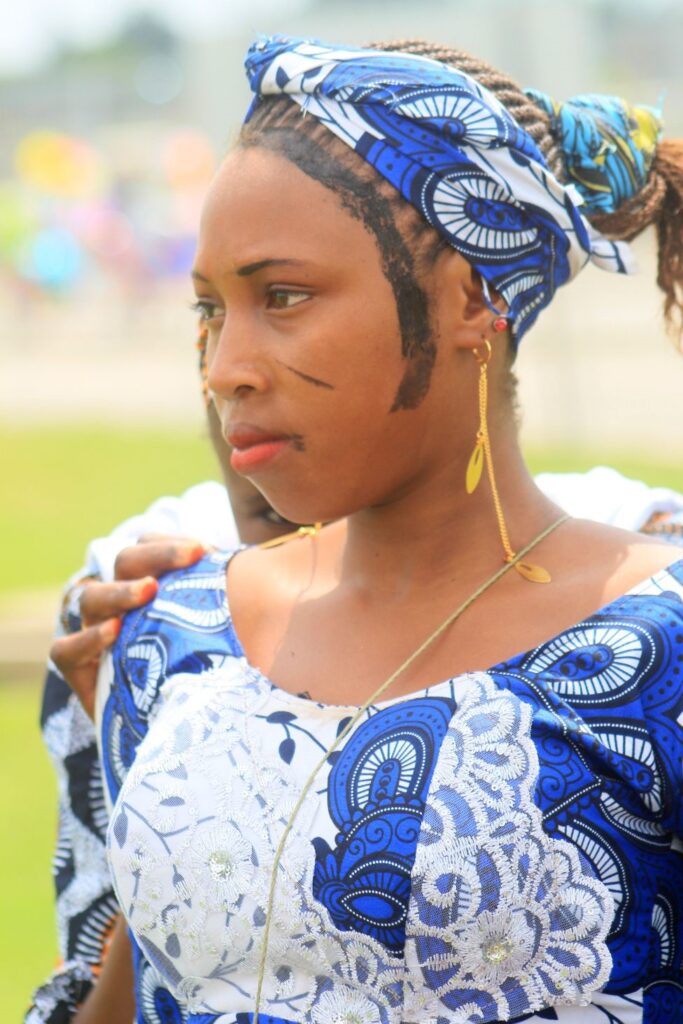
The jackets, ankle-high boots and head warmers are reminiscent of the 1990s hip-hop scene, while many young male Fulani herders say they are now more influenced by Nigeria’s Afrobeats scene.
Naira Marley, based hundreds of miles away in Lagos, was mentioned repeatedly as having the most impact on their style by revellers in the capital, Abuja.
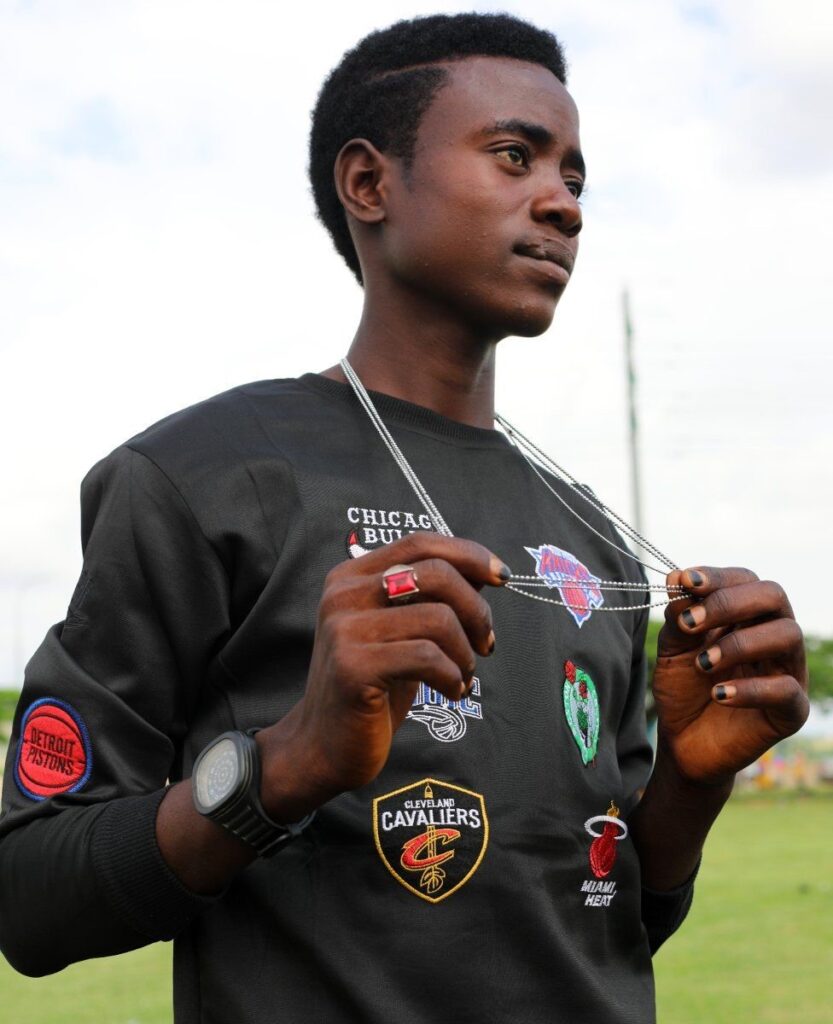
“I love Marley,” said Musa Sani, who had an MP3 bluetooth player dangling from his neck with his underpants visible above his low-slung trousers.
He and about 300 others gathered in an open field to the outskirts of Abuja in Lugbe close to the airport, as authorities closed parks and other recreational places to enforce Covid-19 regulations.
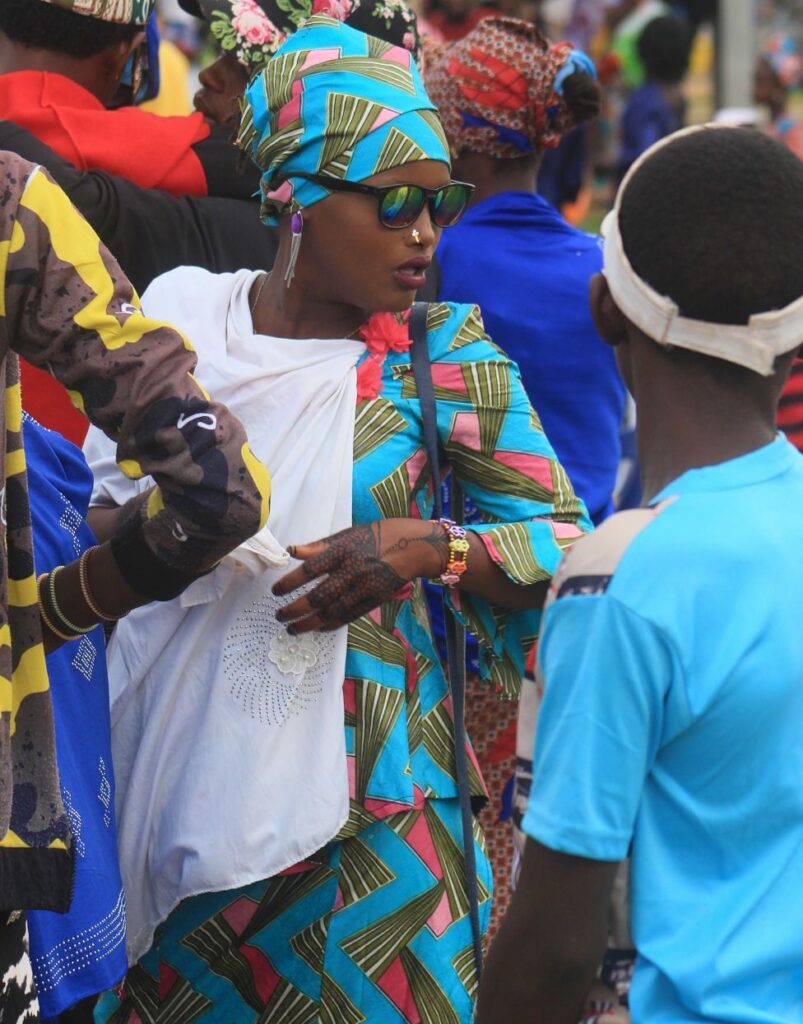
There, with plenty of sunshine and away from security agents, the young herders had plenty of time to strut their style and take pictures on their phones.
While the youngsters are about in town celebrating with their peers, the older ones are usually at home entertaining guests or holding communal meetings.

It is considered disrespectful for Fulani children to attend the same events as their parents, so adults stayed away when the young visited the city centres in Abuja.
Few Nigerians, especially those in the southern part of the country, get to see the herders dressed this stylishly.

Most only see the Fulani herders when they are marching their cattle across the country, which has become a deadly issue since 2017 as clashes between them and farmers over grazing land have killed thousands.
Cattle herding is mostly done by Fulani men. Most Nigerians visualise them wearing their flat rubber shoes, straw hats and skin-tight jeans.

So when they step out in all their style, they turn a few heads.
Glitzy sunglasses, fashionably ripped jeans and effervescent shirts that together form a magnificent array of colours.
Most men in northern Nigeria normally wear a kaftan, a loose-fitting gown that reaches the ankles with matching trousers.
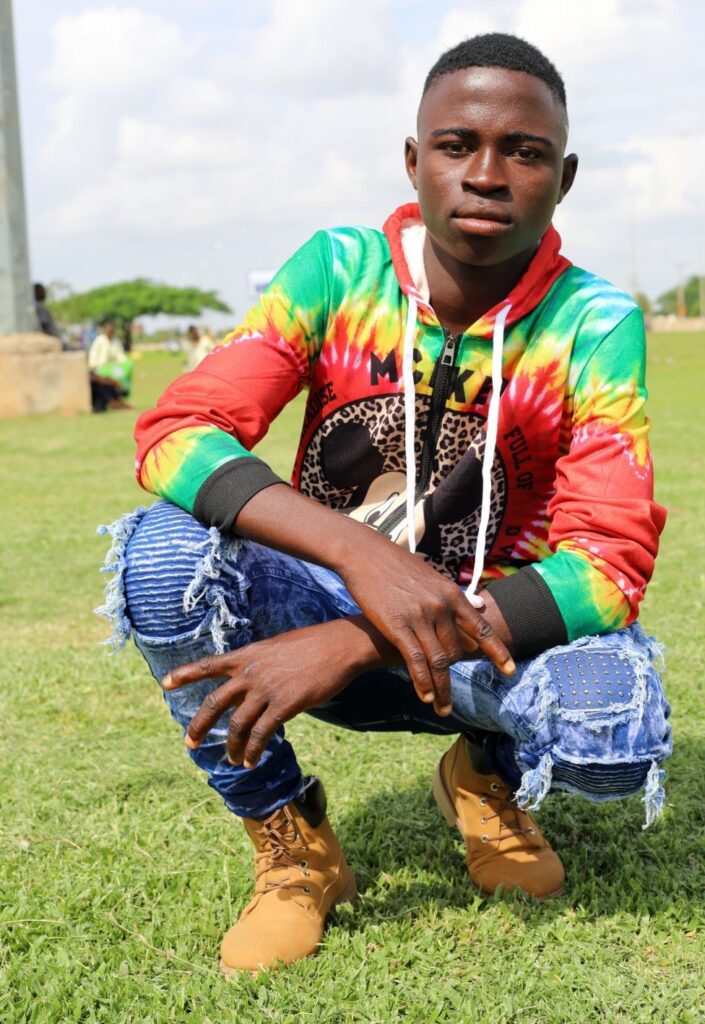
Those with more money prefer the babariga, a lavishly embroidered three-piece outfit with an extra-large outer robe that the wearer spends much of time rolling up their shoulder, favoured by politicians.
But even when they wear kaftans, some of the young men do it in style.
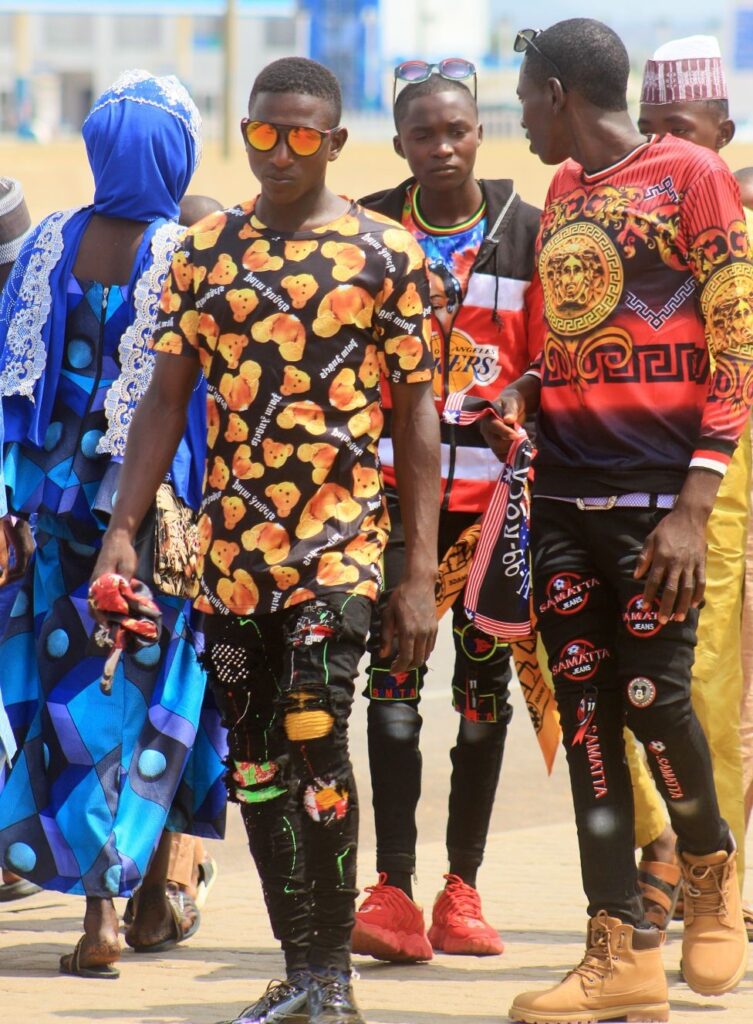
The women were not left out, although most stuck to the traditional fabrics, and elaborate henna patterns on their hands.
Nigeria is a conservative country, especially in the Muslim-dominated north where the cultures of the Fulanis and Hausas – the dominant ethnic groups in the region – have long preserved their traditional values in music, clothes and language.

So while the young Fulani herders might be picking up new influences, especially in music, from other parts of the country, “it is nothing new”, said photographer Mudi Odibo, who has spent the last decade photographing them.
“It is the exuberance of youths, they all return to the kaftans and sandals with time,” he said.



